In vitro fertilization (IVF) is a medical procedure that involves the fertilization of an egg with sperm outside of the body. This assisted reproductive technology has revolutionized the field of fertility treatment and has provided hope for millions of couples struggling with infertility. IVF has become a common term in today's society, but what exactly does it stand for and how does it work?
IVF is an abbreviation for in vitro fertilization, which literally means "in glass" fertilization. The term "in vitro" refers to the process of fertilization taking place outside of the human body, typically in a laboratory setting. IVF involves several steps, starting with the stimulation of the ovaries to produce multiple eggs. These eggs are then retrieved from the woman's body and combined with sperm in a laboratory dish. If fertilization occurs, the resulting embryos are monitored and allowed to develop for a few days before being transferred back into the woman's uterus.

The process of IVF begins with the administration of fertility drugs to the woman to stimulate her ovaries. These drugs help to promote the growth and maturation of multiple eggs, increasing the chances of successful fertilization. The woman's progress is closely monitored through ultrasounds and blood tests to determine the optimal time for egg retrieval.
Once the eggs are ready, a minor surgical procedure called egg retrieval is performed. This procedure is usually done under anesthesia to minimize discomfort. A thin needle is inserted into the ovaries, and the eggs are aspirated and collected. The collected eggs are then placed in a culture dish and prepared for fertilization.
In a separate process, the male partner provides a semen sample, which is then prepared in the laboratory. The best quality sperm are selected and combined with the eggs in the culture dish. The dish is then placed in an incubator, mimicking the conditions of the female reproductive tract, to facilitate fertilization.
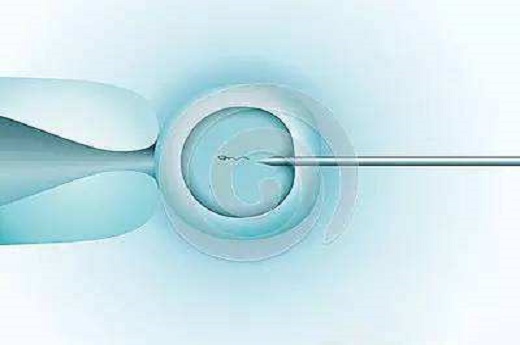
After fertilization, the embryos are closely monitored for their development. Typically, they are allowed to grow for around five days before being transferred back into the woman's uterus. The number of embryos transferred depends on various factors, including the woman's age, the quality of the embryos, and the couple's preferences. Any remaining viable embryos may be cryopreserved for future use.
The embryo transfer procedure is a relatively simple and painless process. A thin catheter is used to carefully place the embryos into the woman's uterus. The woman may be advised to rest for a short period after the procedure to increase the chances of successful implantation.
Following the embryo transfer, the woman will undergo a waiting period before a pregnancy test can be performed. If the embryos have successfully implanted, pregnancy can occur. However, IVF success rates vary depending on several factors, including the woman's age, the quality of the embryos, and the underlying cause of infertility.
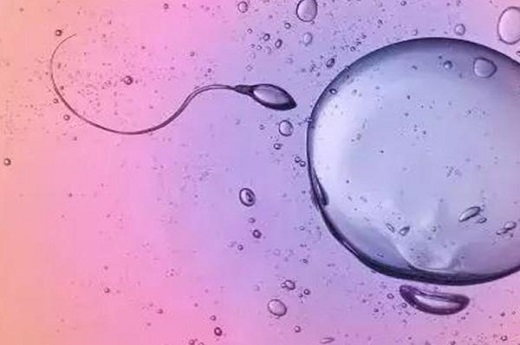
IVF has opened up new possibilities for couples struggling with infertility. It has provided hope for those who may have previously believed that having a biological child was impossible. While the process can be physically and emotionally challenging, many couples have successfully conceived and delivered healthy babies through IVF.
In conclusion, IVF, or in vitro fertilization, is a medical procedure that involves the fertilization of an egg with sperm outside of the body. It offers hope for couples facing infertility and has become a widely recognized term in today's society. With advancements in technology and ongoing research, the success rates of IVF continue to improve, providing a glimmer of hope for those longing to start a family.
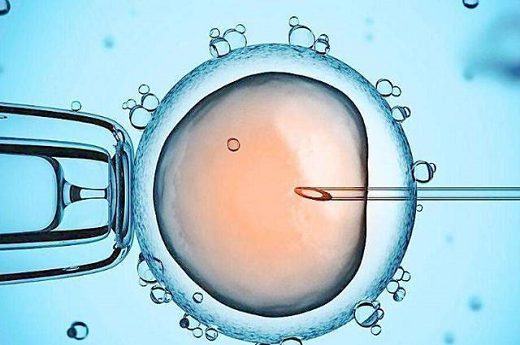
试管婴儿是一种辅助生殖技术,可以帮助那些无法自然怀孕的夫妇实现生育梦想。在进行试管婴儿前,新手需要做一些准备工作。下面我们将详细介绍新手在做试管婴儿前需要做的事情。 1. 寻找合适的医院和医生 新手需要找到一家专业的试管婴儿医院和经验丰富的医生。可以通过亲友的推荐
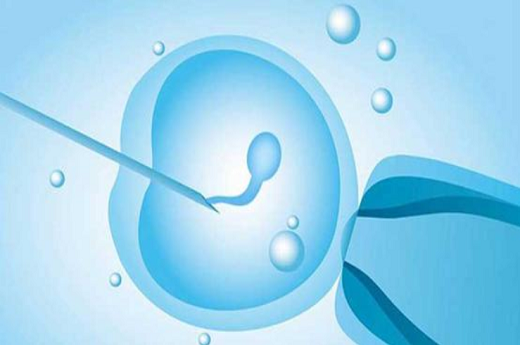
山东试管婴儿纳入医保 试管婴儿技术是一种辅助生殖技术,可以帮助那些因为生育障碍无法自然受孕的夫妇实现生育愿望。由于试管婴儿技术的高昂费用,许多家庭无法负担,这成为了他们实现生育梦想的一道难关。为了解决这一问题,山东省决定将试管婴儿纳入医保范围,为需要的家庭

试管婴儿后一般应该吃什么好? 试管婴儿是一项高科技医学技术,能够帮助许多不孕不育夫妇实现生育梦想。在进行试管婴儿的过程中,患者需要注意饮食和生活习惯,以保证胚胎的健康和妊娠的成功。下面我们将为您介绍试管婴儿后一般应该吃什么好。 1. 增加蛋白质的摄入 蛋白质是胚胎发育所

试管婴儿是指通过体外受精技术(IVF)在实验室中将卵子与jz结合,培养出胚胎后再将其植入到女性子宫中发育而成的婴儿。在试管婴儿的整个过程中,卧床是非常重要的环节。下面我们将详细介绍试管婴儿为什么要卧床。 1. 保护胚胎 试管婴儿的胚胎在实验室中培养发育的过程中非常脆弱,
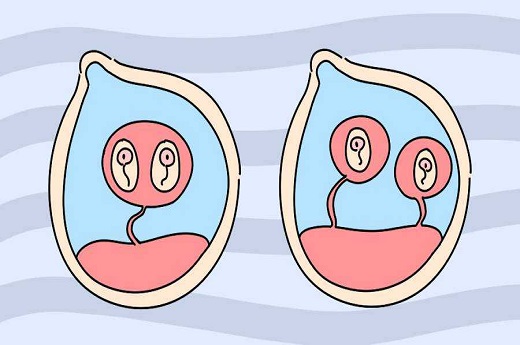
试管婴儿,即体外受精-胚胎移植技术,是一种辅助生殖技术,通过在实验室中将卵子与jz结合,培养出胚胎,然后将胚胎移植回母体,使不能自然受孕的夫妻能够实现生育的梦想。虽然每个试管婴儿都有其独特的个性和特点,但是他们也有一些共性。 1. 创造的机会 试管婴儿技术为不能自
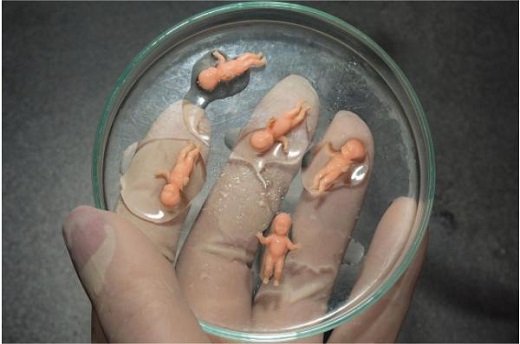
试管婴儿什么时候开始住院 试管婴儿是指通过体外受精(IVF)技术将受精卵移植到母体子宫内的过程。这一过程通常需要经历多个阶段,其中包括试管婴儿的住院期。那么,试管婴儿是在什么时候开始住院呢?下面将详细介绍试管婴儿住院的相关情况。 胚胎培养阶段住院 试管婴儿的住院
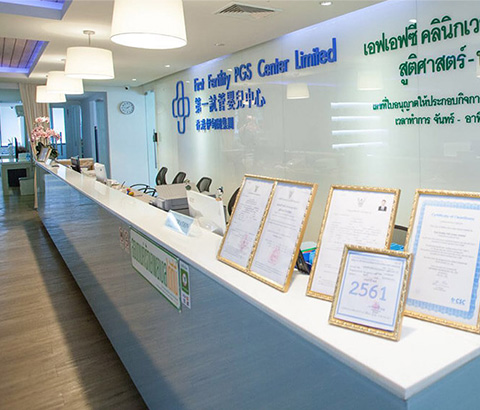
泰国第一试管婴儿中心位于曼谷市中心四季酒店附近,占地1500平方米,是曼谷大型的泰国试管婴儿医院专科诊所之...

泰国三美泰医院成立于1979年,是泰国同行业中出于领先地位的私立医院集团。其中的总院三美泰素逸坤医院,位于...

泰国威它尼医院是一所在泰国领军的泰国试管婴儿医院,同时面向本地和国际病患。自1994年成立以来,一直提供更...

泰国康民国际医院,泰国试管婴儿医院创立于1980年,2002年首获全亚洲第一个JCI国际医疗认证。位于泰国曼谷的核...